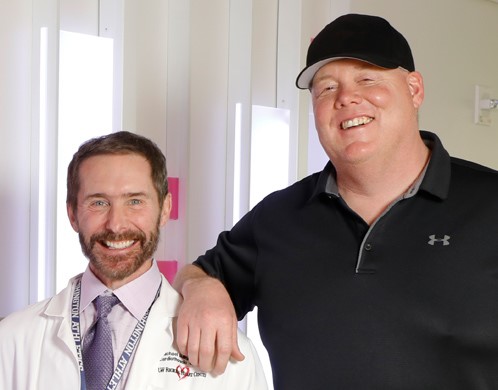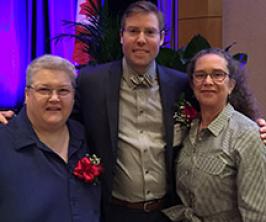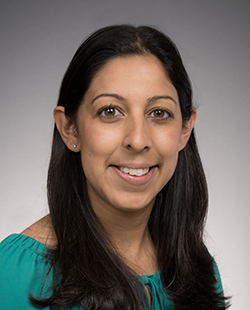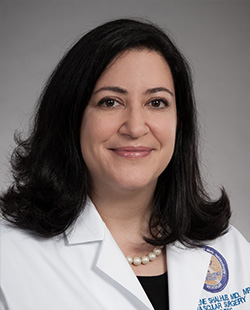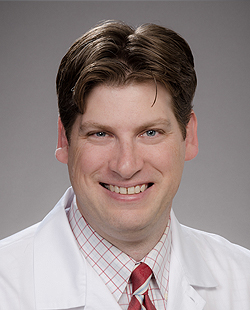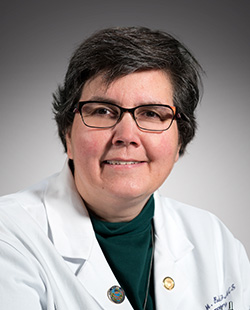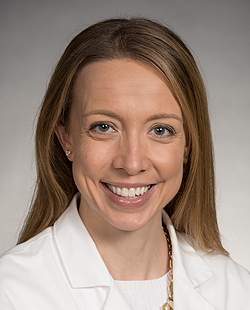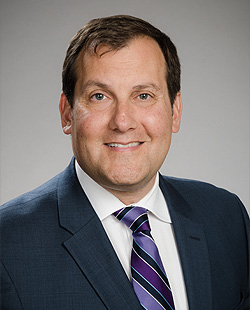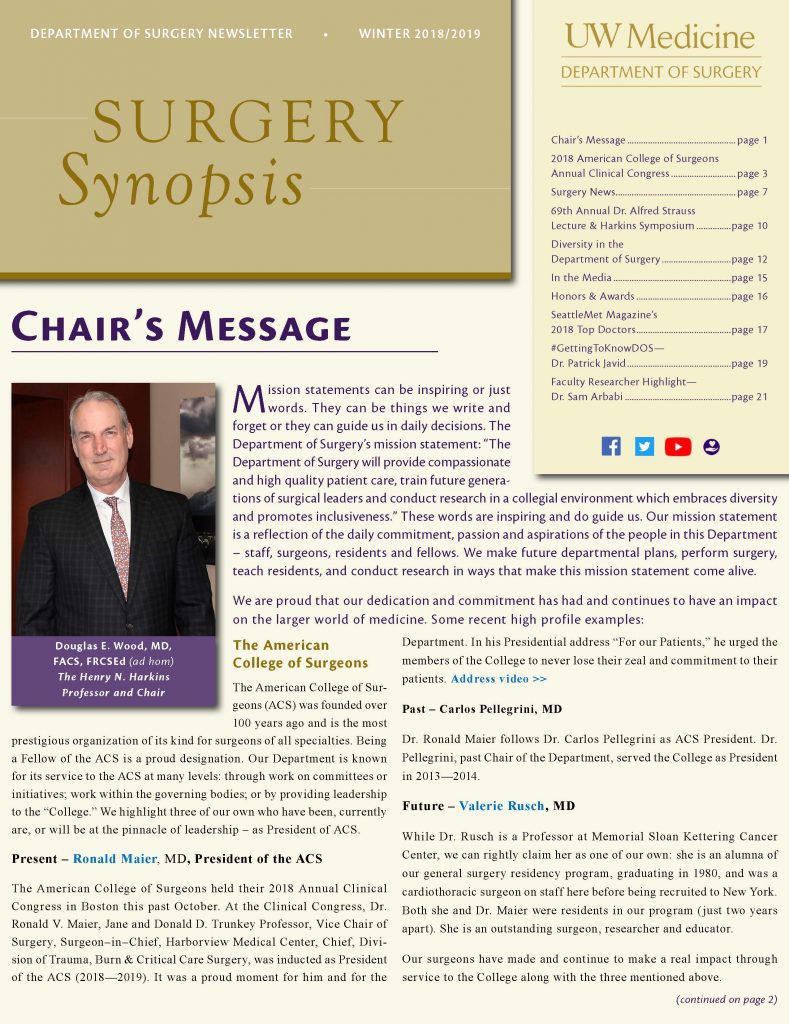News Story
Big Lungs, Huge Heart
UW Medicine | ACCELERATE | April 24, 2019 Brought together by a double-lung transplant, a patient and his surgeon reflect on their connection. Anyone who’s talked to Coach Shea Little feels compelled to tell you how warm, generous and caring he is. And that kindness is one reason Little means so much to his…
Read MoreAmerican Burn Association Recognizes Dr. Nicole Gibran, Beth Costa And Dr. Barclay Stewart
UW Medicine | The Huddle | April 10, 2019 Three members of the UW Medicine Burn Center were honored at the American Burn Association‘s annual meeting in Las Vegas, April 2th-5th. Dr. Nicole Gibran, Nancy Auth Washington Research Foundation Endowed Chair for Restorative Burn Surgery and Professor, Division of Trauma, Burn & Critical Care Surgery,…
Read MoreExperts see ‘alarming’ spike in young patients with colon cancer
KIRO7 News | by Deedee Sun | April 18, 2019 Doctors who are leaders in treating and researching colon and rectal cancers are discovering the age of their patients keeps going down. In the last 10 years, they’ve noticed more patients in their 30s, 20s and even teens getting diagnosed – something that used to…
Read MoreDr. Sherene Shalhub Receives Eugene Washington PCORI Engagement Award
Wednesday, April 17, 2019 Dr. Sherene Shalhub, Associate Professor, Division of Vascular Surgery, received the 2-year, $250K Eugene Washington PCORI Engagement Award for her research initiative titled “Engaging Patients with Type B Aortic Dissections as Partners in Patient-Centered Outcomes Research.” Her research project details those patients with type B aortic dissection (TBAD), who face…
Read MoreDr. Bryce Robinson Receives the ACS/EAST Health Policy Scholarship
April 9, 2019 Dr. Bryce Robinson, Associate Professor, Division of Trauma, Burn & Critical Care Surgery, received the American College of Surgeons (ACS)/Eastern Association for the Surgery of Trauma (EAST) Health Policy Scholarship through Brandeis University. This scholarship will support Dr. Robinson to attend the one-week Executive Leadership Program for Health Policy and Management. The…
Read MoreScientists Prod Immune Cells to Attack Pancreatic Cancer
UW Medicine | Newsroom | April 2, 2019 Results challenge the view that immunotherapies are unlikely to be effective against this deadly cancer, the researchers say. It’s possible to prod immune cells to attack and kill pancreatic cancer cells, according to a report from scientists at the University of Washington School of Medicine and the Fred Hutchinson…
Read MoreA Day in the Life of a Trauma Surgeon
UW Medicine | The Huddle | March 14, 2019 Harborview is the only Level 1 Trauma Center for Washington, Alaska, Montana and Idaho. Dr. Eileen Bulger, chief of trauma, walks you through a usual day in the Emergency Department.
Read MoreYounger adults’ colon cancer often found at late stages
UW Medicine | Newsroom | March 4, 2019 People who receive a diagnosis of colon cancer before age 50 are more likely to be have a later stage of the disease, compared with older patients, according to a preview of study findings presented by the Colorectal Cancer Alliance. The findings will be formally presented March 29-April 3, 2019, at…
Read MoreDr. Robert Sweet Receives Seattle Business Magazine’s Leader in Health Care Award
Wednesday, March 6, 2019 Dr. Robert Sweet, Professor of Urology and Medical Director for the UW Medicine Kidney Stone Center at Northwest Hospital, Executive Director for the WWAMI Institute for Simulation in Healthcare (WISH) and the Center for Research in Education and Simulation Technology (CREST), was awarded the Leaders in Health Care Awards by Seattle Business magazine to “honor…
Read MoreSurgery Synopsis/Winter 2018-19 Newsletter
Wednesday, March 5, 2019 Mission statements can be inspiring or just words. They can be things we write and forget or they can guide us in daily decisions. The Department of Surgery’s mission statement: “The Department of Surgery will provide compassionate and high quality patient care, train future generations of surgical leaders and conduct research…
Read More
